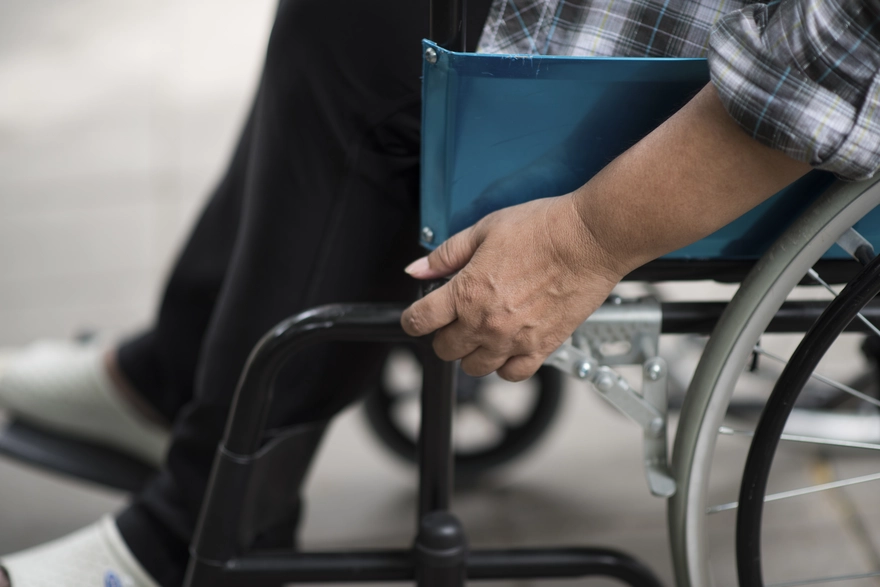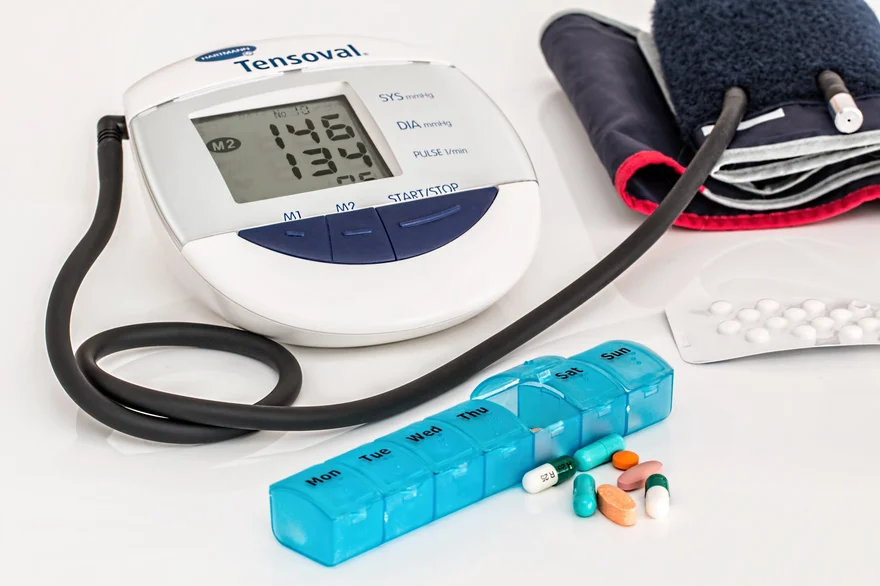Preventive Healthcare
Fibromyalgia: Know Fibromyalgia Treatment, Symptoms, Causes & Coping Strategies
2206 Views
0

Each year, 12th May is observed as World Fibromyalgia Day to raise awareness about fibromyalgia, a chronic pain condition. The day serves as a reminder to educate the public, healthcare professionals, government bodies and policymakers about the impact of this condition on individuals and society.
The day also aims to support those with fibromyalgia by promoting understanding, empathy, and better treatment and management options.
What Is Fibromyalgia?
Fibromyalgia is a chronic health condition in which the affected individuals experience symptoms like widespread pain and tenderness in the body. Fatigue and issues with memory or concentration may sometimes accompany this. Fibromyalgia affects around 2% to 5% of the global population, and it is found to be more common in women than men. A few adolescents may develop fibromyalgia too.
Symptoms and Causes of Fibromyalgia
While the exact cause of fibromyalgia is unknown, it is believed to involve a combination of genetic, environmental and psychological factors. It often develops following a physical trauma, infection, surgery or significant psychological stress, although there may be no identifiable trigger in some cases.
A few common symptoms of fibromyalgia include the following:
- Generalised Pain: The pain associated with fibromyalgia is typically described as a constant dull ache that lasts for at least 3 months. It affects both sides of the body and is often felt in multiple areas, such as the neck, shoulders, back, hips and legs.
- Fatigue: People with fibromyalgia often experience a persistent feeling of tiredness, even after getting sufficient sleep. Sleep disturbances, such as insomnia or non-restorative sleep, are common in fibromyalgia and can contribute to fatigue.
- Cognitive Difficulties: It is common to come across 'fibro fog', which is the problem with memory, concentration and mental clarity common in people with fibromyalgia. People with this condition can find it challenging to process information and perform tasks that require mental effort.
- Sensitivity to Stimuli: Many individuals with fibromyalgia are more sensitive to various stimuli, such as touch, pressure, temperature changes, noise and bright lights. This heightened sensitivity, known as allodynia, can amplify pain perception and lead to discomfort in everyday situations.
- Other Symptoms: Fibromyalgia can be accompanied by symptoms like headaches, irritable bowel syndrome (IBS), jaw pain, anxiety, depression and numbness or tingling in the hands and feet.
Coping Strategies and Tips For People With Fibromyalgia
For people with fibromyalgia, dealing with the condition daily can be tedious and often isolates them from their regular life. Here are a few coping strategies and tips that you can use if you have fibromyalgia:
- Effective Pain Management
There is no cure for fibromyalgia. However, pain is a chronic feature of this condition that can be debilitating to the individuals suffering from it. You can work with your healthcare provider to develop a personalised pain management plan. This may include a combination of medications, physical therapy, heat or cold therapy or alternative treatments like acupuncture or massage.
- Regular Exercise
People with fibromyalgia experience muscle pain and stiffness, making even the simplest movements difficult. So, developing a daily exercise routine involving low-impact exercises like walking, swimming or cycling is necessary. Exercise is beneficial to reduce pain, improve sleep and boost mood. Start slowly and gradually increase intensity as per your tolerance levels.
- Better Sleep
Getting enough sleep is recommended for everyone and is particularly important for people with fibromyalgia. Chronic pain may make it difficult for good sleep to come by for people with fibromyalgia. So, you need to establish a consistent sleep routine and create a comfortable sleep environment. Avoid caffeine and electronic devices before bed. Practising relaxation techniques like deep breathing and mindfulness can help you sleep better.
- Relaxation
Explore relaxation techniques like deep breathing, meditation, yoga or tai chi. These practices can help reduce stress, promote relaxation and alleviate pain.
- Seek Help and Support
Surrounding yourself with a supportive family, close friends or a support group who understand your condition and your symptoms and can offer emotional support is vital. Sharing experiences and insights with others who have fibromyalgia can be invaluable as it instantly creates a sense of community and reinforces that you are not alone!
How Is Fibromyalgia Treated?
The diagnosis of fibromyalgia involves ruling out other possible causes of the symptoms and relies on the evaluation of clinical criteria, including widespread pain and tenderness in specific areas of the body.
While there is no cure for fibromyalgia, treatment usually involves a combination of medication, lifestyle changes, stress management techniques and physical therapy to help manage symptoms and improve overall well-being.
Final Take
World Fibromyalgia Day serves as a reminder of the millions of individuals around the world who face the daily challenges of living with fibromyalgia. It is an opportunity to raise awareness, promote understanding and foster support for those affected by this complex and often misunderstood condition.
By coming together, sharing experiences and advocating for better research, diagnosis and treatment, we can work towards improving the lives of individuals with fibromyalgia. Let us strive for a future where individuals with fibromyalgia receive the recognition, care and support they deserve and where their voices are heard and valued.
Together, we can make a difference in the lives of those living with fibromyalgia today and every day.
If you have fibromyalgia or suspect you have the condition, visit your doctor immediately. You may need to undergo a few tests to confirm your doctor's diagnosis.
Need help with tests? Get them at your doorstep with Metropolis Labs.























 WhatsApp
WhatsApp